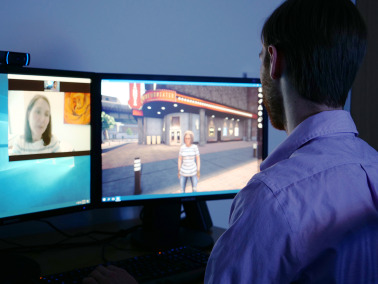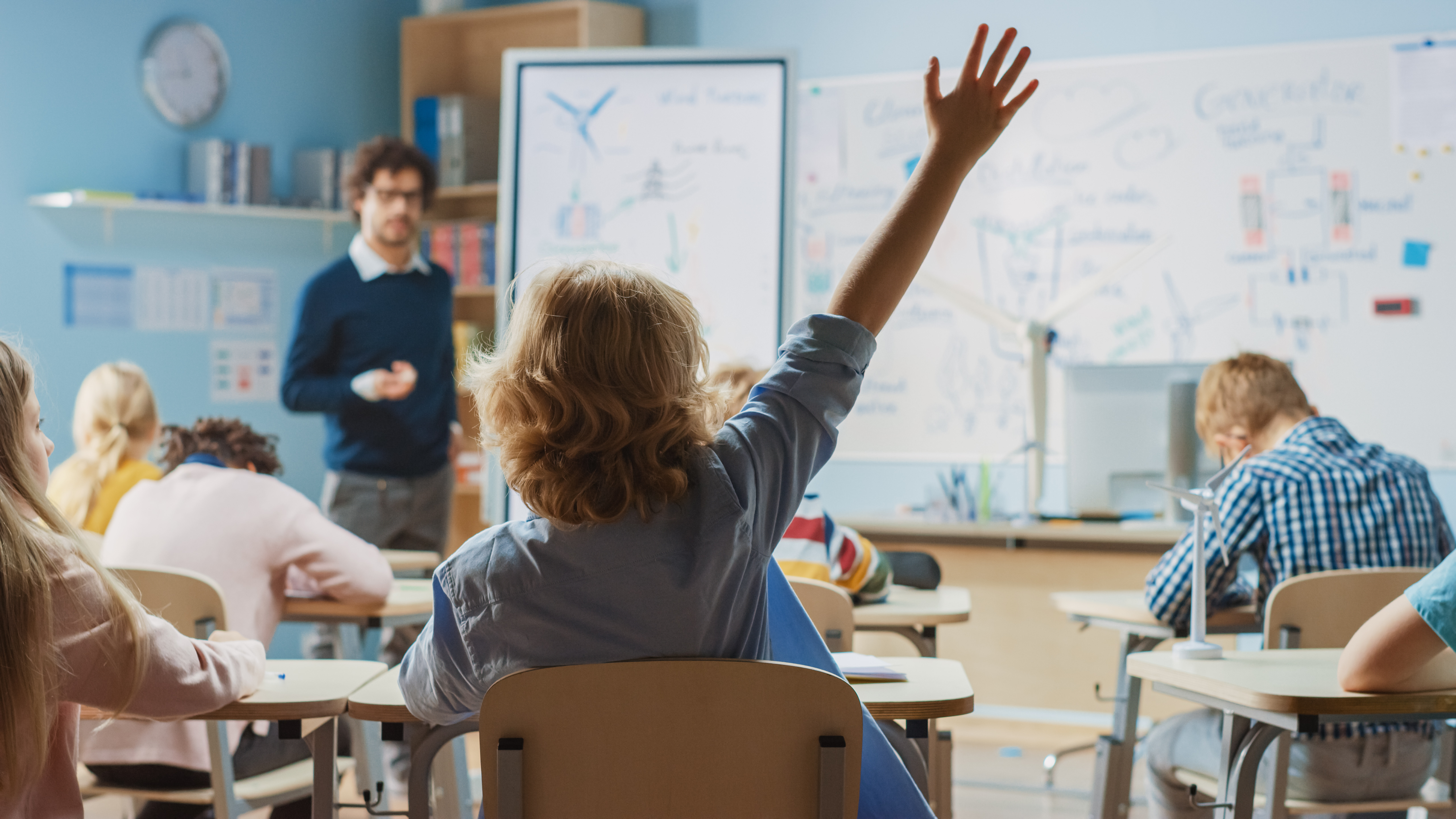- Significant gains in social abilities like recognizing emotions of others, understanding intentions of others and developing social relationships
- Increased ability to focus on social cues, block distracting information, and recognize key information needed to build conversations
- Improved social confidence and decreased social anxiety

Virtual Training Helps Underserved Middle Schoolers Hone Social Skills
Center for BrainHealth
Share this article

Maria Johnson, MA, CCC-SLP
Director, Youth and Family Innovations Lead Research Clinician and Trainer, Charisma Virtual Social Coaching
Related Information

Virtual Social Learning Platform

Adolescent Reasoning Initiative

Improving Classroom Communication: The Effects of Virtual Social Training on Communication and Assertion Skills in Middle School Students
Socially at-risk students showed significant improvement in their social skills after they underwent virtual training.

Enhancing Inferential Abilities in Adolescence: New Hope for Students in Poverty
By measuring a variety of critical skills for higher-order learning, this study examines the effects of SMART™ Brain Training on gist reasoning and fact recall among middle school students.